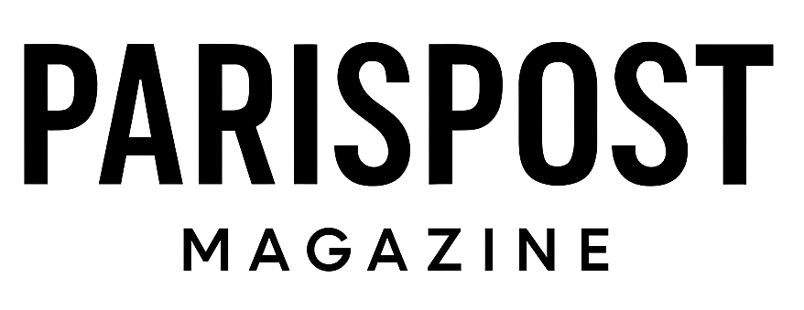Why vulnerability isn’t weakness — it’s the bridge to connection, healing, and being fully human.
Have you ever felt like hiding your true feelings because you were scared of being judged?
But here’s the truth: vulnerability is one of the bravest and most powerful things you can offer—not just to others, but to yourself.
Let’s be honest. Life isn’t always easy.
We all carry stories and emotions that feel too big or too messy to share.
Maybe you’re afraid someone won’t understand. Or worse—that they’ll walk away.
So instead, you stay silent.
You smile when you want to cry.
You pretend you’re okay.
Sound familiar?
It’s what many of us do to feel safe. But here’s the catch: while hiding your feelings may protect you from judgment, it also blocks true connection, healing, and growth.
That’s where vulnerability comes in.
What is vulnerability?
Vulnerability is not oversharing or dramatic exposure.
It’s simply showing up as your true self—even when it feels risky.
It means letting your guard down, a little at a time, in spaces that feel safe.
And in doing so, you create space for honesty, intimacy, and mutual understanding.
Why do we resist vulnerability?
There are so many reasons it feels hard:
- Fear of being rejected
- Fear of being misunderstood
- Past experiences where opening up didn’t go well
- A culture that rewards control, not softness
But behind every wall we build, there’s a longing to be seen.
And when we hide too much for too long, it’s not just connection we lose—it’s ourselves.
The power of vulnerability
Here’s what vulnerability makes possible:
1. Trust that’s rooted in honesty
People don’t trust perfectly. They trust real.
When you show up without a mask, others feel safe to do the same.
2. Deeper relationships
Surface-level conversations can’t carry the weight of real life.
But when you share what’s going on—even quietly—the connection deepens.
3. Emotional healing
Naming a feeling, even just to yourself, is the first step to healing it.
Whether in a journal, a quiet conversation, or a creative outlet, being honest lightens the load.
4. Self-growth
Each time you choose to be real, you reclaim something:
Power. Clarity. Confidence.
You meet yourself again — and that’s where change begins.
Small ways to begin
If vulnerability still feels too big, start small. It’s a muscle, not a switch.
Try this:
- Say “I don’t know” instead of pretending.
- Tell a trusted friend how you feel—just a little more than usual.
- Write a letter to your past self. Or your future one.
- Share a memory that shaped you.
Vulnerability isn’t always loud. Often, it’s quiet. Gentle.
Just enough to remind yourself: you’re allowed to feel.
But what if it’s not safe?
Not everyone earns your openness.
Choose carefully. Vulnerability thrives in trust—not in performance.
And if you're unsure where to begin, a journal can be a beautiful first listener.
In a world full of masks, be the soft voice that says, “Me too.”
Behind every curated post, there’s a real person.
Behind every strong front, a softer truth.
If you’ve been waiting for permission to be more yourself, this is it.
Because being vulnerable isn’t just brave —
It’s human.
Thanks for reading.
Your realness matters more than you think.











